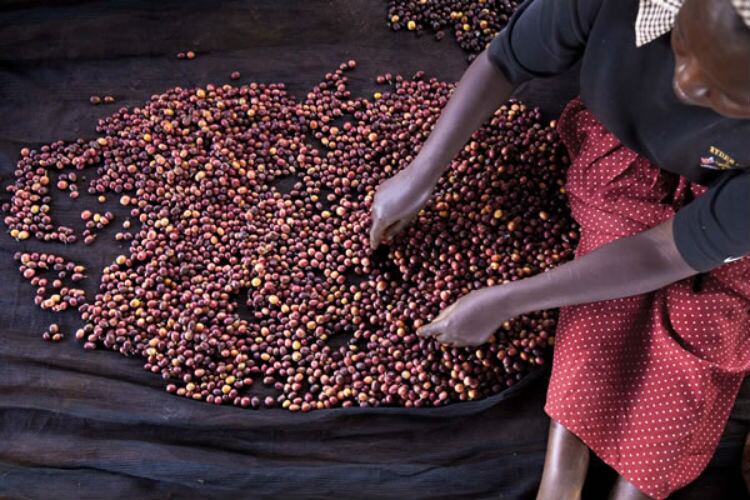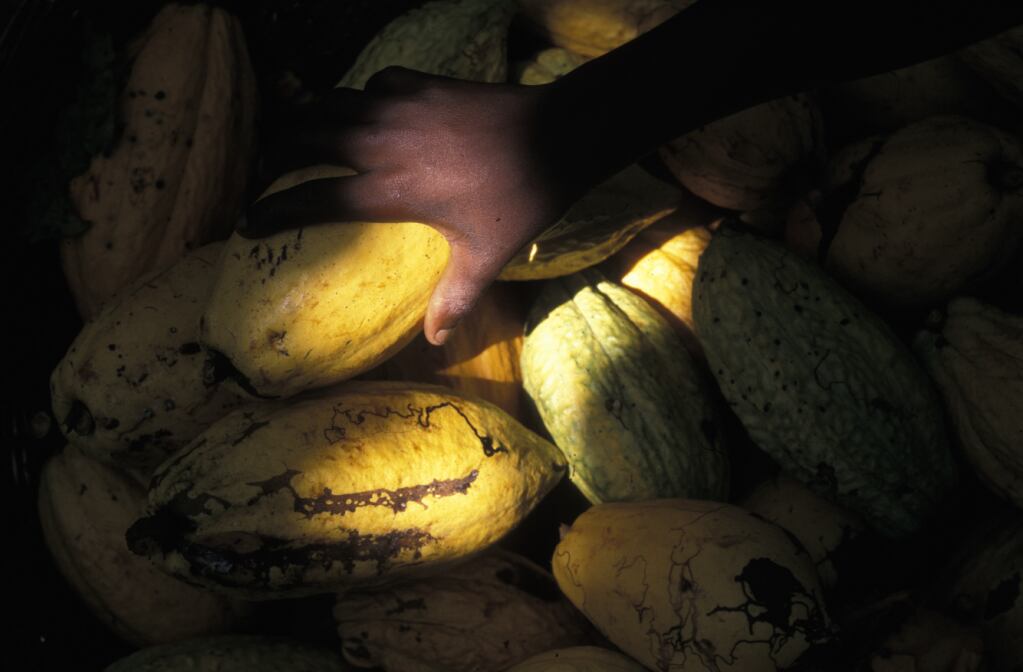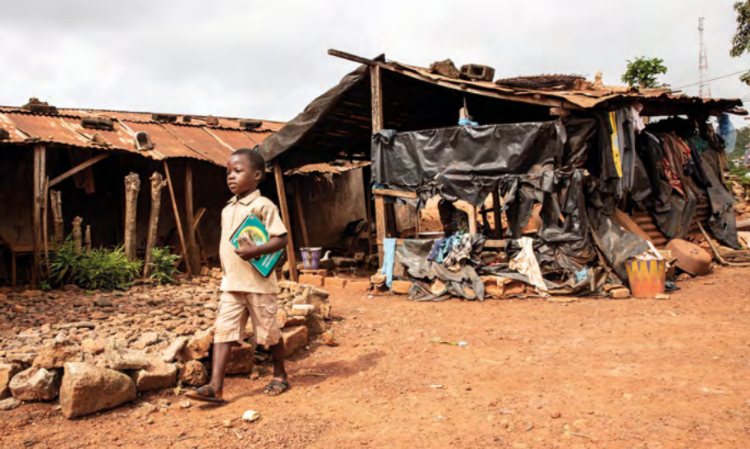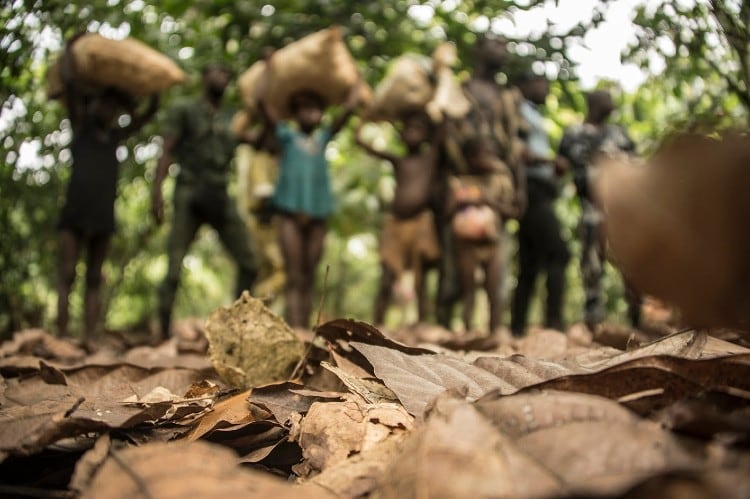The maker of iconic chocolate brands including Dove, M&M’s, Maltesers and Snickers, was one of the first of the big chocolate companies to respond to a critical NORC report that found over one million cases of child labour still prevalent in Ghana and Cote d’Ivoire, despite industry attempts over the past 20 years to tackle the problem.
"Child labour has no place in the cocoa supply chain, which is why Mars Wrigley has committed $1bn as part of its Cocoa for Generations strategy to help fix a broken supply chain. We call for robust public-private collaboration and we support appropriate due diligence legislation to address the root causes of child labour in West Africa cocoa growing communities,” it said in a statement.
Mars Wrigley’s new Protecting Children Action Plan (PCAP) has four levers that aim to tackle root causes head-on:
- Robust child labour monitoring and remediation systems (CLMRS) in 100% of at-risk households by 2025. To date, Mars Wrigley has reached an estimated 34,000 households, and is on a path to cover 100% of an estimated 180,000 at-risk households in its cocoa supply chain by 2025.
- Women’s Social and Economic Empowerment through its initiative with CARE;
- Increasing access to quality education and development opportunities for children through an investment in the Jacobs Foundation CLEF/ELAN; and
- Improving farmer income through premiums paid for certified cocoa, by purchasing cocoa under the Living Income Differential (LID), and by piloting models to help farmers increase productivity and diversify household income through other crops.
Traceable
The company’s 2020 Cocoa for Generations report: Reshaping the Future of Cocoa, details the company’s progress toward ensuring 100% of its cocoa is responsibly sourced and traceable by 2025, “while creating a pathway to a modern, inclusive and sustainable cocoa sector”.
Along with the launch of PCAP, the report also highlights the release of its Tier 2 cocoa farmer group disclosure and interactive map, and its efforts to halt deforestation in Cote d’Ivoire and Ghana as part of the Cocoa & Forests Initiative.
Other highlights of key 2020 achievements to date include its Covid-19 response, which included a donation of US$5m to CARE to help combat the virus in cocoa-farming communities, with US$2.5m focused on Cote d’Ivoire and Ghana.
Andrew Clarke, Mars Wrigley Global President, said: “Today we recognize the progress we’ve made on our goals of increasing cocoa farmer income, protecting children, supporting women’s social and economic empowerment, and tackling deforestation. While some in the industry are accelerating with us, collectively we must go further and faster to reshape the cocoa sector. We're calling for robust public-private collaborations so that human rights are respected, and the environment is protected, as we create a modern, inclusive and sustainable cocoa supply for the next generations to thrive.”
Launched in 2018 and backed by past learnings and a US$1bn investment, Cocoa for Generations has two pillars: Responsible Cocoa Today, which focuses on cocoa being responsibly sourced and traceable by 2025; and Sustainable Cocoa Tomorrow, which focuses on long-term scaling up of programmes and collaborations shown to help improve productivity, diversify incomes and empower women and communities.
- To learn more about Mars Wrigley’s sustainability commitments under its Cocoa for Generations strategy, visit www.mars.com/sustainability-plan/cocoa-for-generations.




